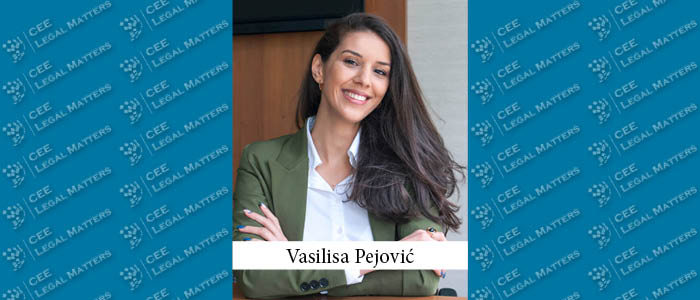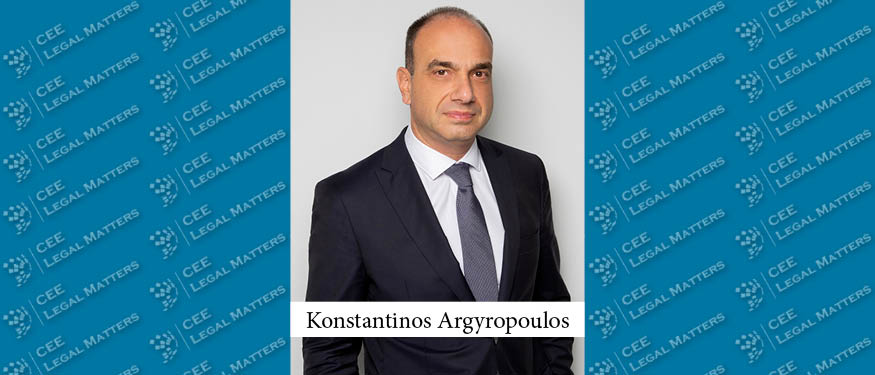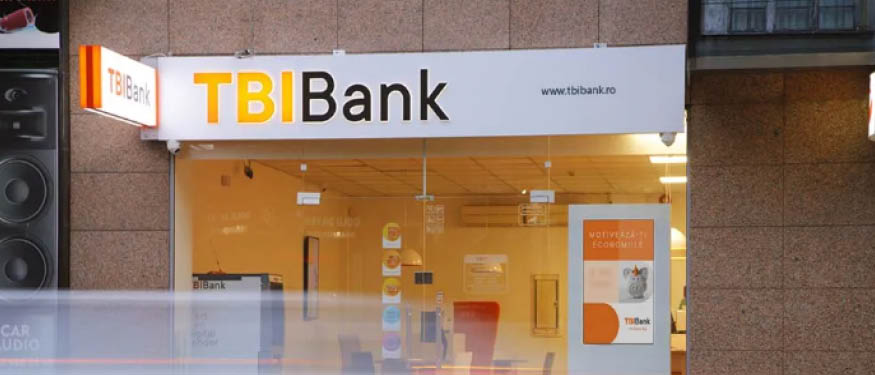At its session held on June 6th of this year, the Parliament of Montenegro adopted, as part of a set of seven so-called IBAR laws, a new Lobbying Act regulating the conditions and manner of conducting lobbying activities, rules, and other significant matters related to lobbying.
The Lobbying Act, which for the first time introduces normative regulations on lobbying activities, was passed at the end of 2011, while the second act in this area came into force at the end of 2014. The reason for the reform of the existing act stems from the need to comply with the international practices aimed at achieving the best normative solutions to prevent unauthorized influences in the process of adopting regulations and other general acts, as well as preventing potential corruption, enhancing workplace transparency in institutions and effectively enforcing the law in practice.
Some of the key novelties compared to the previous legal resolutions include:
- Regulation of Lobbyists: the new act introduces stricter criteria for the registration of lobbyist, which includes additional transparency obligations regarding their activities and reporting;
- Control and Supervision: enhanced measures for control and supervision of lobbying activities are introduced, including more precisely defined sanctions for non-compliance with legal provisions;
- Ethics and Integrity: new provisions regarding the ethical conduit of lobbyists have been added, to prevent conflict of interests and corruption;
- Access to Information: the law now more thoroughly regulates access to information that lobbyists must provide, which leads to the increase of the transparency in their work. This promotes the principles of public accountability, integrity and the avoidance of conflicts of interest.
The term lobbying entails influencing representatives of the executive and legislative branches in the process of creating laws and other regulations and acts under their jurisdiction to achieve the interests of the lobbying client, while considering public interest. Thus, the proper regulation of this activity is crucial as it ensures that such influence is exercised legally. This is particularly significant in smaller regions, such as Montenegro, where potential lobbying clients often choose to exert influence through direct and often informal communication, which indicates that lobbying activities still occur outside the legal framework.
These amendments are part of a broader effort to improve the legal framework in accordance with European Commission recommendations, which is crucial for Montenegro’s progress towards EU membership.
By Vasilisa Pejovic, Attorney at Law, VP Law Firm
















